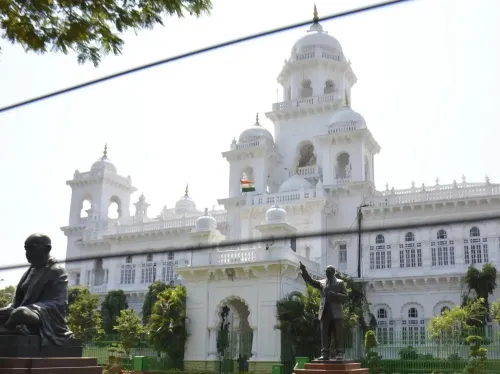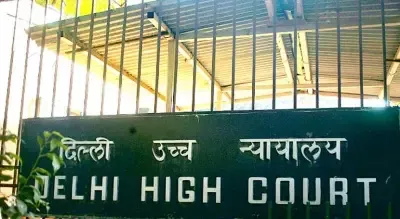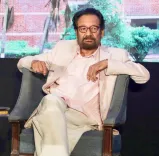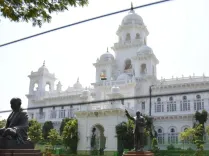Is there a double standard in how dissent is treated in BJP versus Congress?
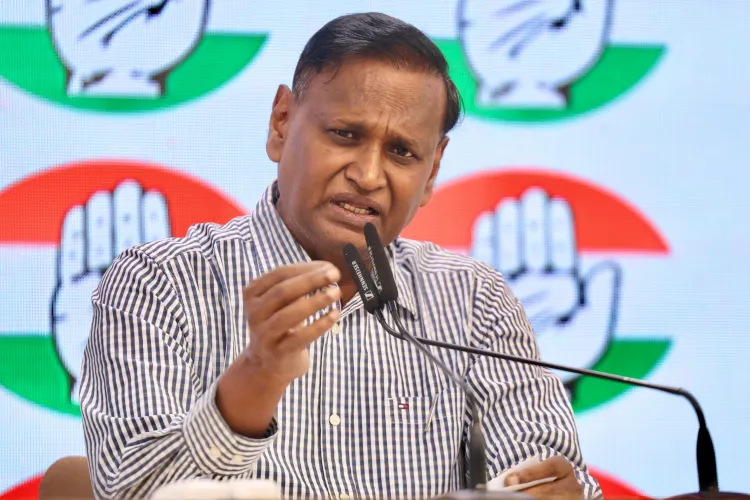
Synopsis
Key Takeaways
- BJP leaders often remain silent about their grievances.
- Congress leaders tend to voice concerns publicly when out of power.
- Udit Raj criticized those who speak out against the party post-tenure.
- Party loyalty and accountability are vital for effective leadership.
- Dissent within political parties should be welcomed, not suppressed.
New Delhi, June 2 (NationPress) Congress leader Udit Raj on Monday highlighted a significant disparity between the Bharatiya Janata Party (BJP) and the Congress party regarding leaders voicing their concerns and dissent against their own leadership.
Udit Raj, in an interview with IANS, remarked: “Numerous senior BJP leaders, including founding figures like LK Advani and Murli Manohar Joshi, refrain from publicly criticizing the party. They remain silent even when sidelined. Conversely, within the Congress party, many leaders become vocal and restless when the party loses power.”
“Those who held ministerial positions during Congress governments for a decade start to voice criticism against the party. This is particularly surprising as they weren't even founding members,” he added.
He also noted that the party high command shares the sentiment that those leaders unable to secure booth wins in elections are nonetheless granted significant positions within the party.
His comments are perceived as a pointed critique of Salman Khurshid, who was the External Affairs Minister during the Congress-led UPA administration.
Earlier in the day, Khurshid, who was part of an all-party delegation, reacted to a wave of criticism from his constituency, stating it was disheartening to witness “people back home calculating political allegiances,” which seemed directed at critics within the Congress.
Khurshid's recent support for the abrogation of Article 370 by Prime Minister Modi's government and its favorable effects in the region attracted praise from the BJP and muted criticism from the Congress.
Historically, the Congress has opposed the revocation of Jammu and Kashmir's special status; however, its stance has recently appeared more ambiguous.
Udit Raj also criticized the depiction of dissent within the Congress as a sign of increasing factionalism, citing dissenters within the BJP who openly voice their opinions without the same label of ‘conflict’ being applied.
“Subramanian Swamy has publicly claimed that five Indian fighter jets were shot down by the Pakistani Army. Why is the BJP silent on this matter? Why isn’t this perceived as a division within the party?” he questioned.

